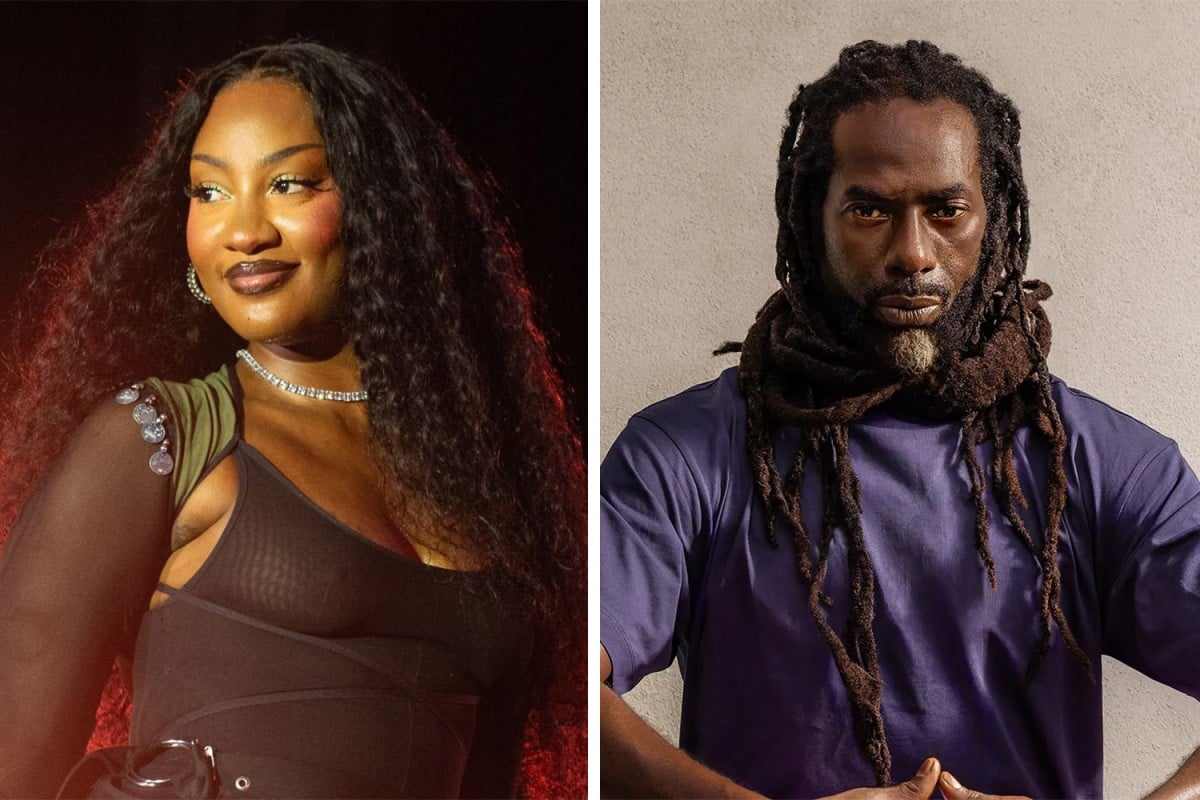Tems Acknowledges Buju Banton’s Criticisms Of Afrobeats, But Says Genre Is Escapist Music

Grammy-winning Nigerian singer Tems, in responding to Buju Banton‘s criticism of Afrobeats as frivolous music, says the genre is intended for escapism as opposed to addressing societal issues.
The conversation arose during her appearance on Kick Game’s Shopping for Sneakers, where host Craig Mitch referenced Buju Banton’s August interview on Revolt TV’s Drink Champs.
In that interview, Buju Banton had criticized Afrobeats as “shallow and unsubstantial music that lacks content aimed at liberating Africa,” contrasting it with the politically charged and culturally rooted messages of Reggae and Dancehall. The African Pride singer had also predicted that the Afrobeats genre would fade with time and expressed disappointment that contemporary African artists, unlike legends such as Fela Kuti and Lucky Dube, have not continued the legacy of using music to address social and political issues.
In responding to Buju’s critiques, Tems acknowledged the Jamaican’s influence and stature in the global music world but offered a different perspective on Afrobeats, pointing out that the genre’s purpose is for distraction and relief from unpleasant realities.
“Of course, I really respect Buju Banton as an artist, and I understand where he’s coming from. Reggae is not Afrobeats, and the Afrobeats in Nigeria is specifically for escapism. It’s specifically for dancing; specifically for vibes. It’s specifically made for that purpose. That’s the purpose of Afrobeats. It’s made to bring you alive and just forget about your worries and just enjoy,” she explained.

“The climate of Nigeria calls for that type of music. That’s why Nigerians love that music, and the world has come to love that music. But it doesn’t change the purpose of that music… so the purpose remains the same. It’s always been for vibes and I think that’s just the clarification, you know, Afrobeats is not Reggae and Reggae is not Afrobeats,” she added.
Tems, whose most streamed songs include Free Mind, Essence with Wizkid, and Higher, also said music genres are diverse and have various purposes and contended that Afrobeats is no exception.
“We can’t all make the same type of music. It’s like R&B is usually about heartbreak or it’s about love. You can’t compare R&B to Jazz; you can’t compare Jazz to rock music or punk rock. Music is for different purposes, and there is music that is for uplifting people economically, financially, and politically, and then there is music that is just for escape—it’s a good time,” she said.
During his Revolt TV interview, Buju had highlighted his concerns about the direction of African music, particularly Afrobeats, in relation to its potential to effect social change.
“The music needs to free Africa. If I am all the way in Jamaica, and my country and my people fight fi free your continent with word, sound, and power, and you have the ability now, and all you are singing is f-ckery? You don’t sing a song to free Africa all now?” Buju lamented.
Additionally, he had stressed the importance of leaving a lasting impact through music, urging Afrobeats artistes to think beyond accumulating wealth and consider their legacy.
“We want more from dem. You want the money? Go and get it! But what is gonna be said about you later on and your posterity? You didn’t make any impact! So Reggae music still stands predominant. It is still the king’s music,” he had said.
Nigerian artist Burna Boy shared sentiments similar to Buju’s in an Apple Music interview last year. The Last Last singer had criticized the lyrical content of many Afrobeats songs for lacking depth and real-life experiences.
“Half of them, 90 per cent of them, have almost no real-life experiences that they can understand, which is why you hear most Nigerian music, African Music, or Afrobeats, as people call it, is mostly about nothing, literally nothing,” he had said.
